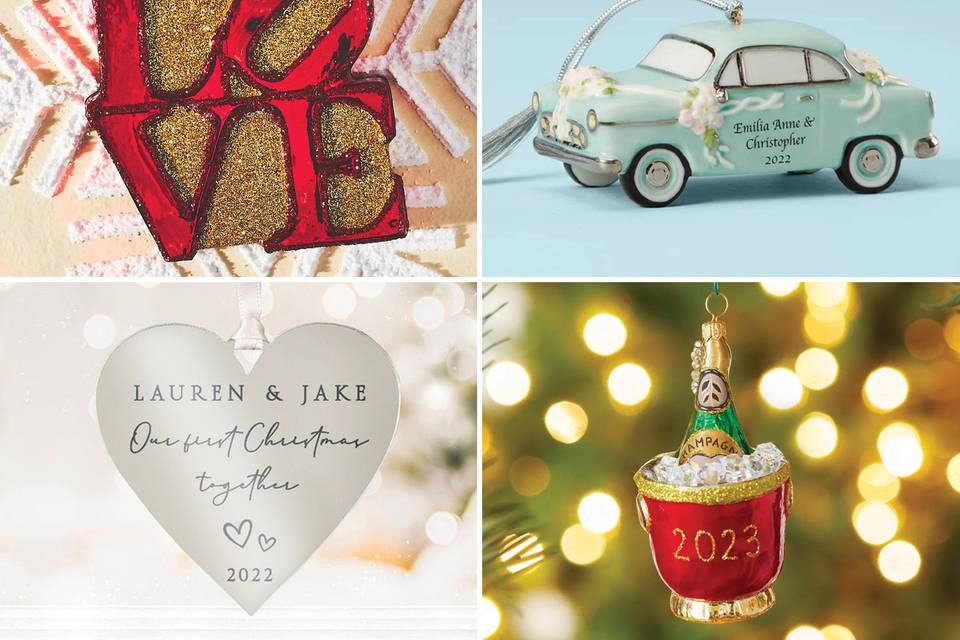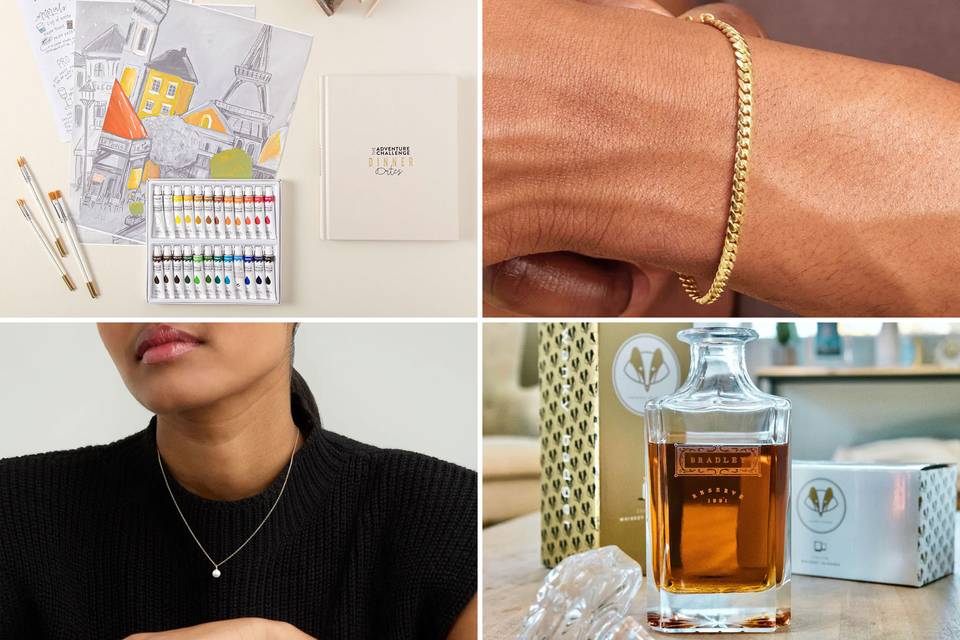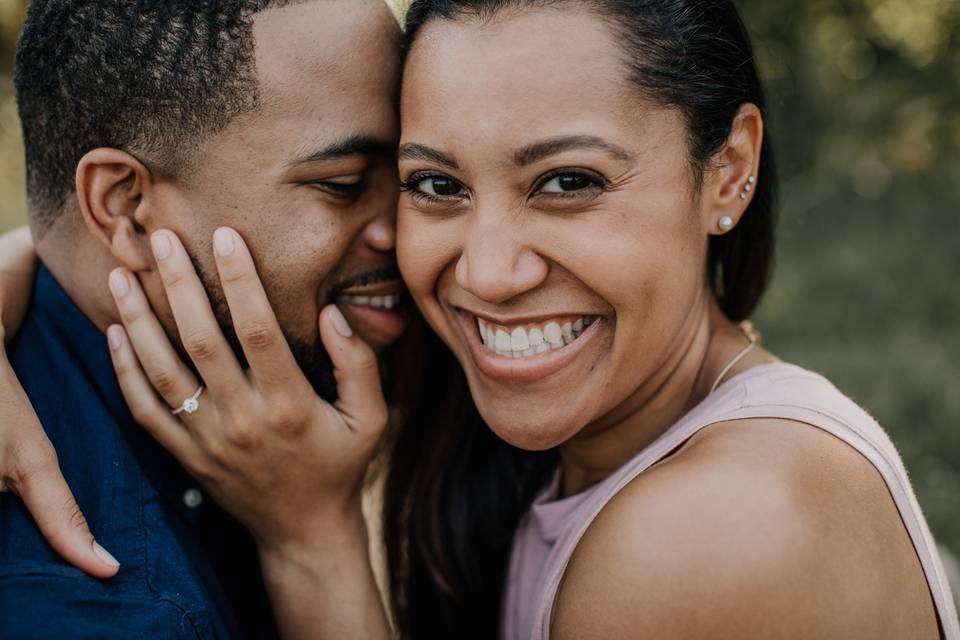The 5 Things Every Politically-Divided Couple Must Do
If you're half of a politically-divided couple, you know the struggle is real. Here's how to make things work, even if you disagree on some major issues.


If you and your partner are different in several ways, it’s actually a good thing. After all, they say opposites attract, plus the unique qualities and interests you each bring to the table make for wonderful conversation and collaboration, to say the least. One area that can be tricky to differ in is your political affiliation and beliefs. In fact, politically-divided couples might even find themselves close to being in fisticuffs as voting season approaches. “Some of the challenges opposing views portend include resentment, anger, ‘the cold shoulder,’ and even open hostility as voting season approaches—plus the current polarity of political views and general climate don't help,” says Michele Moore, licensed professional counselor, certified coach and relationship expert at Marriage Mojo. The good news is that she says It's absolutely possible to have a significant relationship—and even a strong marriage—if you’re a politically-divided couple. However, like most cases in which "opposites attract," but don't always get on well together, she recommends all couples remain intentional about putting strong boundaries around what they want to protect and what they want to keep out of their relationship in order to sustain a healthy and happy bond.
If you’re part of a politically-divided couple who wants to navigate the unchartered waters of your differing viewpoints, we asked experts to share their best tips.
Come from a place of love and respect.
If you follow only one of these tips, let it be this one, since love and respect are two fundamental qualities of any healthy relationship. “If you love and respect each other, you can joke about ‘cancelling out each other’s votes’ at the polls, but you’re not trying to convince your partner not to vote,” says Heidi McBain, licensed marriage and family therapist. “You’re just able to add some humor because of the love and respect that you have for each other.”
Learn to actively listen to what they have to say.
Listening is another relationship quality that you should adopt early on, as it is incredibly crucial to the longevity of your partnership, experts say. “Actively listening means that your partner will leave the conversation feeling heard and understood by you as to why they have the political beliefs that they do,” says McBain. “You can listen to their point of view but not change your mind, and vice versa.”
Separate closed handed vs. open handed issues between you and your partner.
Relationship coach, Matt Morgan, explains the difference in these topics as the following: Close-handed political topics are the ones that represent your core values, or pillars by which you stake your life and your decisions on, and open-handed issues are the ones that you feel passionate about but are not deal breakers in the relationship. “The truth is we have far more open handed topics we care about that are not deal breakers for a relationship,” he says. “The problem is that couples in a disagreement can become stubborn in their stance to ‘win’ an argument, causing them to confuse this open handed issue as a closed one.”.
Put a time limit on your political discussions.
There’s no reason for politically-divided couples to feel the need to remove all political discussions from the table altogether, however, they should bear in mind that a time limit on certain hot-button topics may be helpful. “If you'd like to air your views over dinner, agree to end the discussion before dessert and then enjoy another topic before clean-up,” says Moore.
Find some middle ground.
You and your significant other might be a politically-divided couple, but there may be some topics that you have the same or at least similar viewpoints on. McBain suggests focusing on those and establishing a sort of middle ground when and if possible. “Yes, our political parties can get quite polarized at times, but often in the moderate middle you can find some things that you have in common,” she says.





